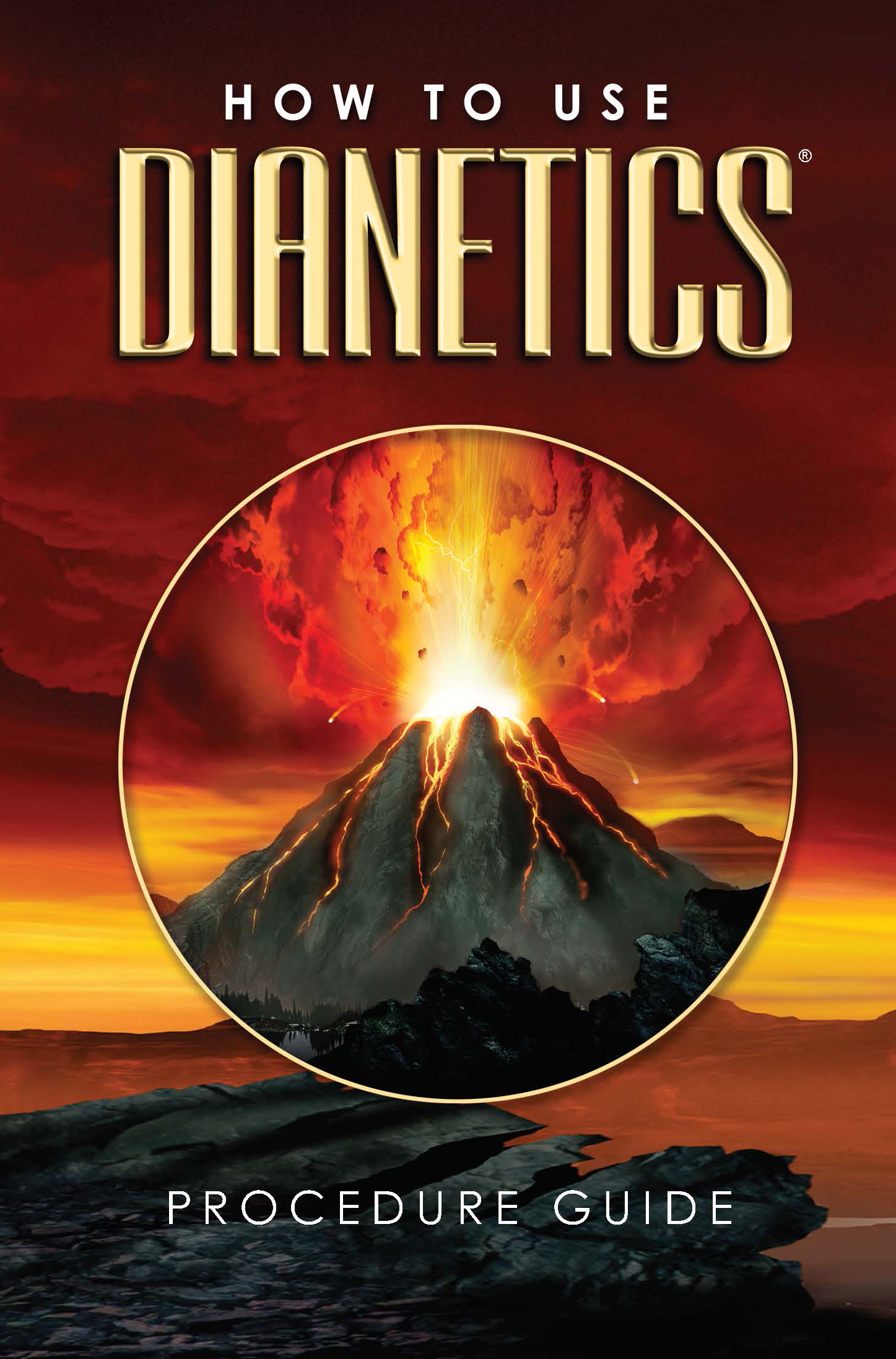About Dianetics
About Dianetics
Blog Article
The Ultimate Guide To Dianetics
Table of ContentsDianetics - QuestionsDianetics Things To Know Before You BuyDianetics Things To Know Before You Get ThisThe Greatest Guide To Dianetics
I could not ever not wish to get anything that comes to mind for you- if it was otherwise, I would not be sitting here with you, doing this. I not just could never ever have a problem, or otherwise wish to listen to something that enters your mind for you, however I'm entirely eager to know every idea, every idea, every image or feeling that arises or shows up for you- don't ever before think or else, and if for one reason or another you do, please just let me understand! Sometimes, you may have a thought, and image, concept or event appear that does not appear to answer the inquiry, or associate to it, but nonetheless, always do inform me regarding it, and as we proceed, the relevance will certainly emerge for you.This is fundamental in the basis of handling, and the subject of this conversation: the standard duties of the counselor and the client: The standard role of the therapist is, as opposed to "common training", not to control, which implies to implement and/or hinder, but to instead work from the basis of EMPOWERING THE CLIENT.

Dianetics for Dummies
John Mcmasters expressed this basic truth wonderfully well in one of his lectures on Power handling, where he discusses just how he was asked what this "special flair" was that he had for providing such great sessions; he needed to consider that for a moment, and spotted that it was what he had not been doing, in addition to what he was doing: he had not been examining, evaluating, computing, or as a matter of fact, generating any thoughts, allow alone spoken expressions, after offering the command and while waiting for the PC to finish their response to their satisfaction; he was, simply and just, being present with the computer, and totally interested.
The function of the counselor, showed; that was his "special knack". I have actually had my own experience which taught me this well, really beforehand in the game. In 1982, having actually recently completed my training and teaching fellowship on New Age Dianetics, I was running this on a COMPUTER, and there was a factor in the session where (being a little bit wet behind the ears not yet having many hours under my belt as an expert auditor) the computer seemed to be "taking also long" to express anything verbally after I offered him a command.
This secret ended up being the most important contribution that John ever made to the topic of therapy or auditing (Dianetics). In my humble viewpoint, it is the best contribution that anybody has ever made to these subjectsthe application is completely non-judgemental, non-evaluative, and lacking any type of idea, recommendations or opinion.no preconditioned program for people, or 'degrees' that they need to do
In Scientology we prided ourselves on not assessing for people. All that really implied was that the auditor did not VERBALLY this article assess for the Computer in session.
An Unbiased View of Dianetics

Anybody that had actually ever before seen John audit can not help but observe an unique top quality in his bookkeeping."The customer's basic role is to be there with the function of relocating in the instructions of their spiritual goals, and to freely and totally share and experience whatever materializes for them in answering the questions and executing the guidelines in the processing.
This is something to procedure as needed. Likewise, individuals regularly have prior experience and/or indoctrination in auditing/processing which, in some methods, and to some degrees, in fact deceives them into attitudes, ideas and behavior patterns that prevent the complete awareness of these roles, and so they will certainly have a tendency to hinder the expressing of what comes to mind, as in the examples offered above - Dianetics. * The initial, and possibly leading instances of mis-indoctrination leading to much less than totally smooth and efficient sessions, can be discovered in certain aspects of the training routines, or "TR's":"TR's" are typically a person's first, or at the very least early, experience in Scientology, and while I will certainly take place to discuss what I see as the imperfections in concept and method, however, often tend to be significantly healing, done as they are offered (Hubbard insists that "TR's are not refining, they are educating", however factually, they are both processing AND training)
Alan Walter made similar monitorings, and enhanced these with his "Presence Processes". There is no "failing", and no denial of the click this reality of this being handling. The focus, as it must be, gets on experiencing the other person's presence. All the manifestations which get a "flunk" in doing "TR-0" are just the being's efforts to withstand the various other individual's presence, and as opposed to being bugged and nagged with "Flunk", which enforces "failure!" on the being, one simply requires to be encouraged to "stick their feet in the water a little much deeper", to increasingly restore their capacity and willingness to fully share and experience "being right here", or "existence", with others.
What Does Dianetics Mean?

Report this page